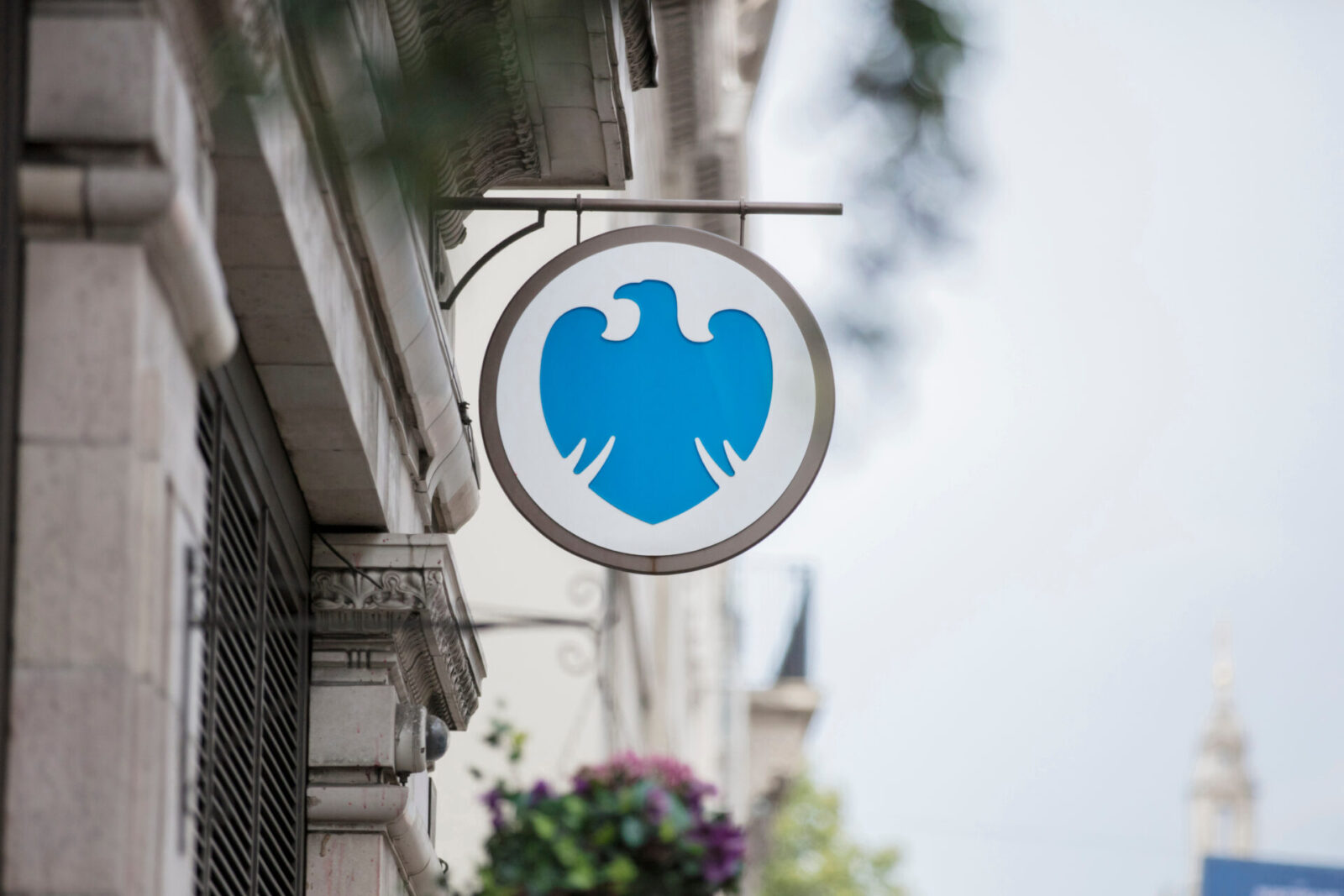
How useful are major bank’s forecasts for your business?
If you are basing business decisions on bank forecasts, they need to be accurate. In this article we analyse past performance and suggest how to make more informed decisions.
With the current political and economic uncertainty, it has never been more essential for businesses to implement risk management strategies. Having a good understanding of currency movements and the events that impact them can be extremely useful for protecting your business’s bottom line.
against the risks associated with foreign exchange markets.
Fluctuations in currency markets can potentially result in significant financial losses for companies. Unexpected volatility in particular can eat away at profit margins through their impact on various business costs. Using a prediction for Q1 of 2023 as an example, if the GBP/EUR rate suddenly fell from €1.20 to €1.09, a business exchanging £1m for euros would see a disparity of roughly £190,000. In short, that business would end up with significantly higher outgoings to compensate for the fall in rates.
Q3: Major bank forecasts vs reality
Currency movements are impossible to predict. Each quarter, banks release their forecasts and when these forecasts are compared against reality, there are sometimes large disparities between forecast and reality.
In our July-September Quarterly Forecast we shared a selection of bank prediction for the third quarter (Q3) and beyond. Below are the GBP/USD rate predictions for Q3 (highlighted in red)

Source: Smart Currency Business July – September Quarterly Forecast.
JP Morgan Chase predicted the lowest rate for Q3, estimating that the pound would hit $1.14 against the US dollar. While Barclays thought the rate would hit $1.17. In reality, the rate actually fell much lower to $1.09 before plummeting to a 51-year low of $1.03 after Kwasi Kwarteng’s September mini-budget.
The Banks couldn’t have predicted that the mini-budget was going to cause the devastation that it did, or that Liz Truss would resign after only 44 days in office, causing further volatility. However, this is a great example of why relying on forecast alone to make major business decisions is ill-advised.
The graph below shows the drastic fall in GBP/USD rates following the former chancellor’s fiscal plan. Since then, sterling has recovered, but in the coming weeks markets may see continued volatility following the current chancellor (Jeremy Hunt’s) Autumn Statement on November 17th.
What could happen if you base business decisions on bank forecasts alone?
For businesses with currency exposure, or for those that transact across international borders, basing key business decisions on major banks’ predictions isn’t advised. As we’ve seen, banks predictions aren’t always spot on. A sudden, unpredictable fall in sterling’s rates could present a great opportunity for businesses looking to sell dollars. However, for those with costs outside of the sterling area this will present significant problems. This is why having a thorough risk management strategy in place is essential.
Ultimately, while bank forecasts are an interesting overview of what markets could look like, this information should be considered supplementary for businesses exposed to currency. Forecasts should be utilised in conjunction with an effective risk-management strategy. Additionally, businesses should aim to base significant profit and loss decisions on real-world experience.
There are a number of global and domestic economic risks, that businesses need to consider when making overseas transactions. If economic risk isn’t managed well, losses can be detrimental to a businesses’ profit and bottom line. That’s why creating and implementing the right treasury management and hedging strategy is essential when trading in the international markets.
If you or your business would like to know what major banks are predicting for the next quarter and beyond, as well as the key economic events that are likely to impact currency rates, then download our latest Quarterly Forecast today.
Likewise, if you would like to discuss risk management strategies, please do get in touch with us. Call your Business Trader on 020 7898 0500 to find out more.

 020 7898 0500
020 7898 0500